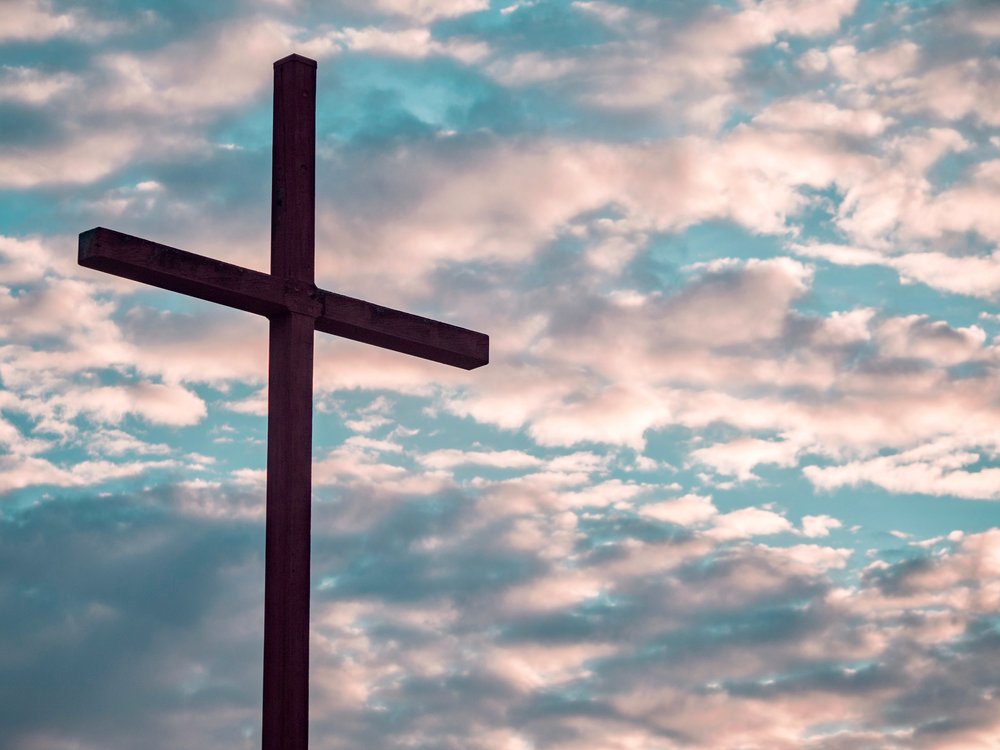
Photo by Aaron Burden on Unsplash
Disclosure: This post may contain affiliate links, meaning Beautiful Christian Life LLC may get a commission if you decide to make a purchase through its links, at no cost to you.
Editor’s note: This is part one of BCL’s two-part series “The Good Master.”
To whom do you belong? What a counter-cultural question. It’s jarring to our modern sensibilities. We want to scream from the roof top, “I don’t belong to anyone!” I’m my own person, I create my own path and future. I am responsible for my own wellbeing and sense of purpose. I am the captain of my own ship. I make my own decisions based on my own knowledge of what’s good for me.
Yet, do we really feel all that much in control of our own destinies? Do we really feel we are competent guides in this turbulent world? Do we secretly wish there was someone or something that had answers to our anxiety, loneliness, emotional distress, constant anger, lack of motivation, heartbreak, and sorrow? Is there someone who is a true friend, someone with whom we can let our guard down?
Life is hard, and we wish we didn’t have to bear the weight of our entire destiny on our own shoulders. For those of us who realize that we can’t control every facet of our lives, we don’t have all the answers, and depending solely on our own resources only drains and discourages us, the words of the apostle Peter will come as a relief.
Simon Peter called himself a slave.
Simeon Peter, a servant and apostle of Jesus Christ, To those who have obtained a faith of equal standing with ours by the righteousness of our God and Savior Jesus Christ (2 Pet. 1:1).
While many Bible translations read “servant” in verse 1 of Second Peter, the actual term in biblical Greek (δοῦλος; “doulos”) means “slave.” Why would Peter use such a term to describe his relationship to Jesus Christ? Modern people are much more comfortable with terms like children of God when referring to believers so why the word “slave”? First, it must be noted that by using the term, Peter is not encouraging slavery. Rather, in using an institution so common in his culture, the apostle is applying some of its characteristics to the nature of our relationship with the Christ Jesus.
Slaves were dependent on their lord.
May grace and peace be multiplied to you in the knowledge of God and of Jesus our Lord. His divine power has granted to us all things that pertain to life and godliness, through the knowledge of him who called us to his own glory and excellence (2 Pet. 1:2-3).
A slave was wholly dependent on their lord, and as William Barclay writes, “To call the Christian doulos of God means that he is inalienably possessed by God.”[1] Everything a slave had they received from their master. Whether it was clothing, housing, or education, the master was the provider of everything, and the slave could not leave. Slaves filled many positions for their masters—some being well-educated, even doctors and teachers—and may have been in charge of their master’s estates. And while a cruel master mistreated his slaves, a good master cared for the health and well-being of his slaves. The state of a slave depended upon the kind of master a person had. The question of your wellbeing rested in the character of your lord, for everything came from him, and you could not leave your master.
To be counted as Jesus’ slave should fill us with peace.
For Peter, Jesus Christ is the preeminent good and kind Lord, who even died for his slaves. Peter uses the Messianic title, Christ, highlighting the role Jesus came to fulfill as the one who lived a holy life for, was tortured for, and in the end suffered a horrific death for his people. In fact, Jesus himself said that the greatest among the Kingdom of God must be the slave of all (Luke 22:25-27). And as the King of Heaven, Jesus exemplifies this by dying for his people.
Not only has Jesus died for us but he brings us to the Father, who “called us to his own glory and excellence [or goodness]” (2 Pet. 1:3). By being in God’s presence we experience glory and goodness, instead of darkness and corruption (2 Pet. 1:4).
So to be completely dependent upon Jesus Christ—to be counted as his slave, to be dependent upon and belong forever to one who loves so deeply that he died for us and calls us to a good place—should fill us with peace, knowing that this Lord cares for us perfectly and will provide for us. Not only that but he will never let us leave his goodness (John 10:27-28). We can therefore trust his providence in our lives and rest and depend upon him confidently. We can depend upon him with joy and peace, knowing he is good and kind and will always be there for us.
Related Articles:
-
7 Brilliant Reasons to Shamelessly Applaud Jesus — Revelation 1:5-8
-
Jesus Is the True and Faithful Gardener Who Cares for Your Soul
Ayrian Yasar is associate editor of Beautiful Christian Life.
[1] William Barclay, The Letters of James and Peter (Westminster Press: Philadelphia, 1960), 293.
Click Here to Subscribe to BCL's Free Monthly Newsletter and Weekday Devotionalfrom BLOG - Beautiful Christian Life https://ift.tt/Kh8QdDc
via IFTTT

No comments:
Post a Comment